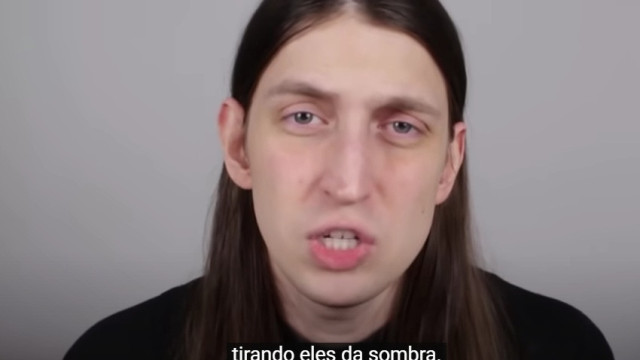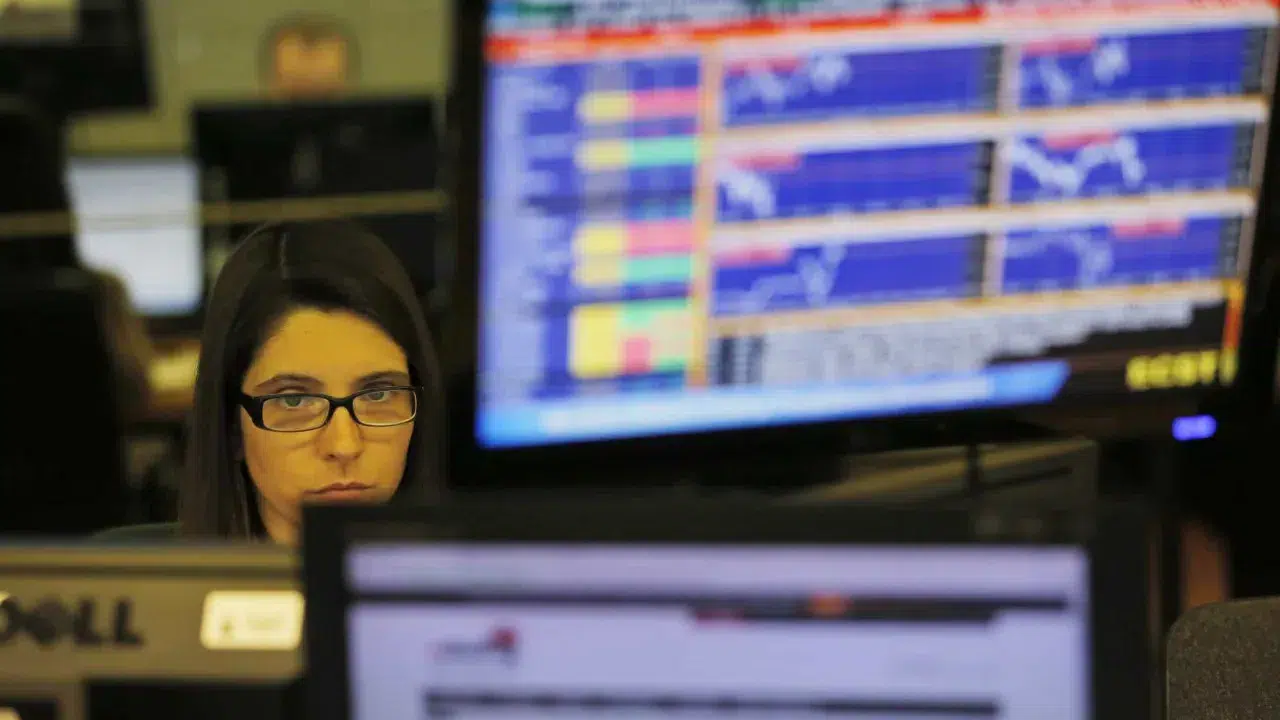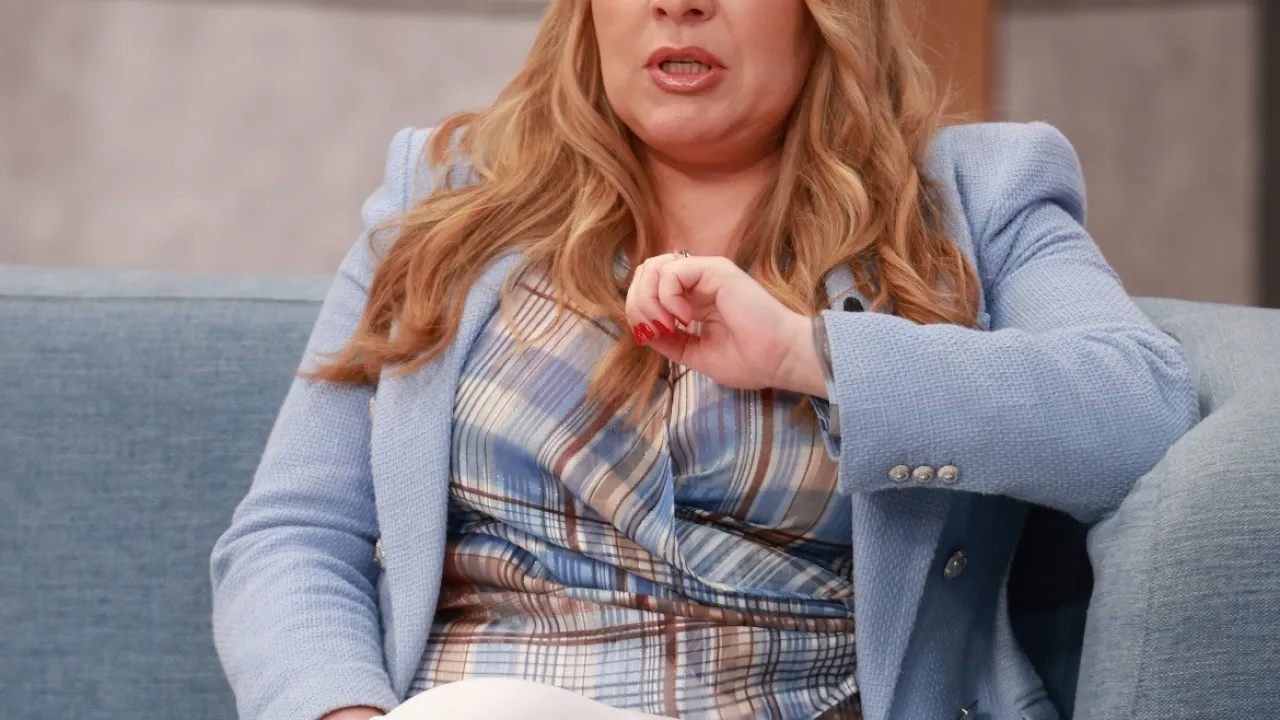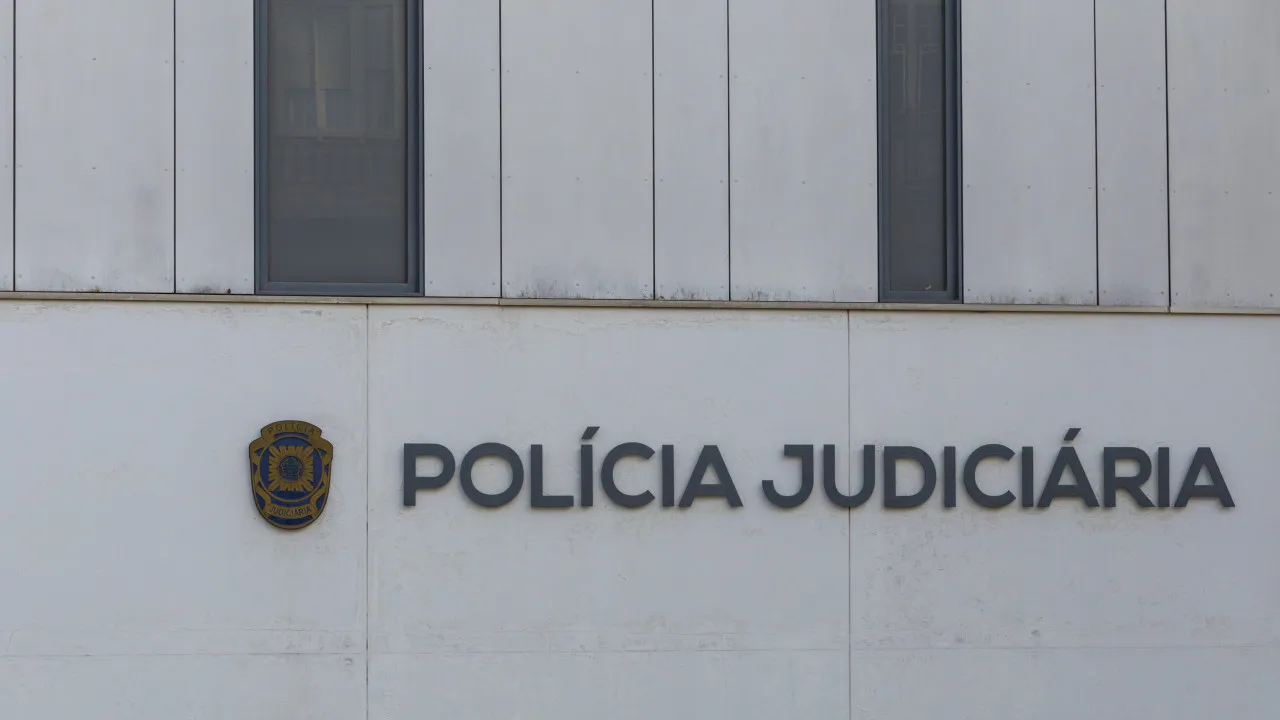The former PSD leader will participate for the 11th time in this youth training initiative.
The event begins today in Castelo de Vide (Portalegre) and runs until Sunday, concluding with remarks by PSD president and Prime Minister Luís Montenegro.
‘Students’ have received the final program, which includes a session titled ‘The President’s Answers,’ where Marcelo Rebelo de Sousa will be questioned live, possibly via videoconference.
This session is scheduled for Wednesday at 3 p.m., aligning with the parliamentary debate on ‘The Situation of Fires in Portugal,’ where the Prime Minister will be present.
This marks Marcelo Rebelo de Sousa’s 11th appearance at the PSD Summer University, his previous one being two years ago during a dinner-conference on Ukraine, which was his sole physical attendance as President. Another participation followed in 2022, via video.
Earlier participations occurred in 2005, 2006, 2007, 2009, 2010, 2012, 2013, and 2014, where he addressed many topics with young attendees.
Initially, he revealed potential consideration for a presidential run, contingent on Cavaco Silva’s decision not to contest in January 2006, which Silva ultimately did.
During his 2006 participation, he lauded then PSD president Luís Marques Mendes for his opposition to the government and distanced himself from strategies of other parties like the New Democracy, founded by former CDS-PP leader Manuel Monteiro.
In 2007, in a lesson on the “Ten Commandments of Democracy,” Rebelo de Sousa accused then-Socialist Prime Minister José Sócrates of undermining various principles – media pluralism, economic and social rights, and judicial independence – displaying “authoritarian or arrogant tendencies.”
Two years later, ahead of the 2009 legislative elections in Castelo de Vide, he chose not to comment on controversies surrounding the PSD candidate lists (which excluded Pedro Passos Coelho) but praised leader Manuela Ferreira Leite’s “intelligent and effective” program, though she ultimately lost to Sócrates (without an absolute majority).
In 2010, with Pedro Passos Coelho leading PSD, commentator Marcelo predicted this “very cerebral and cold” leader would withstand the party’s “fervor” and eventually take the government – which occurred the following year, emphasizing the importance of avoiding “hasty decisions.”
Two years later, amid external assistance and a PSD-led coalition government with CDS-PP, Marcelo advocated for creativity in handling ‘troika’ evaluations, advising the government not to seek further time or funds, advice that was heeded.
In 2013, financial assistance remained a national focus, and the television commentator advocated for “maneuvering space” amid repeated constitutional court rejections of government measures.
In 2014, following a “clean exit” from the adjustment program, Marcelo emphasized the potential continuation of the PSD/CDS-PP coalition, which was indeed confirmed.
As head of state, he reengaged in 2018, providing written responses to UV student questions, acknowledging the increasing difficulty of governing, opposing, or even serving as President. He noted António Costa’s first executive, supported by a left-wing alliance, heralded “a new constitutional practice.”
Four years later, Marcelo Rebelo de Sousa engaged remotely, addressing 15 student questions on current issues, including TAP and the recent resignation of Health Minister Marta Temido.
The PSD Summer University commences today in Castelo de Vide with contributions from the party’s Secretary-General, Hugo Soares, and Lisbon’s Mayor and candidate, Carlos Moedas.
In addition to Moedas and Porto’s social-democratic mayoral candidate Pedro Duarte, the event will feature presidential candidate Luís Marques Mendes and European Commissioner Maria Luís Albuquerque.




